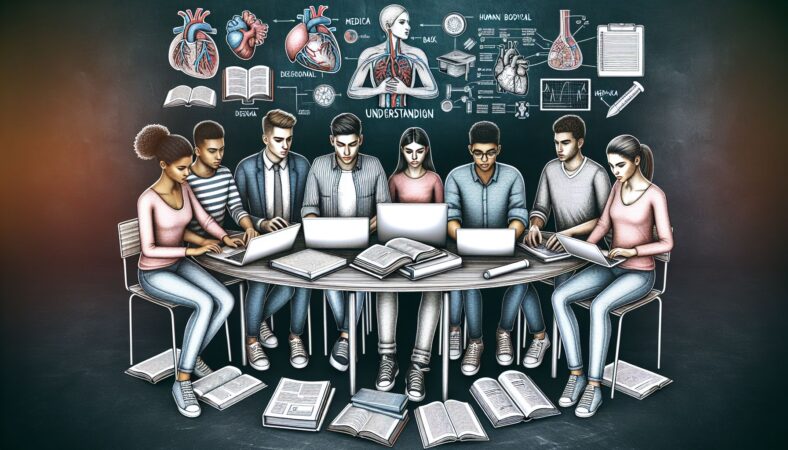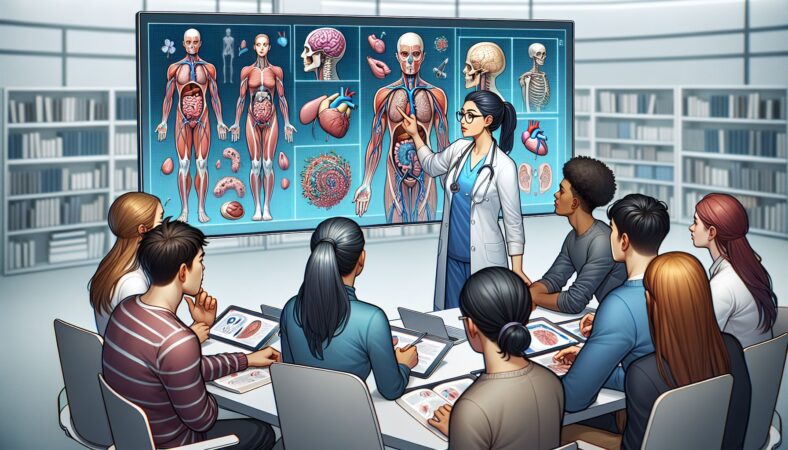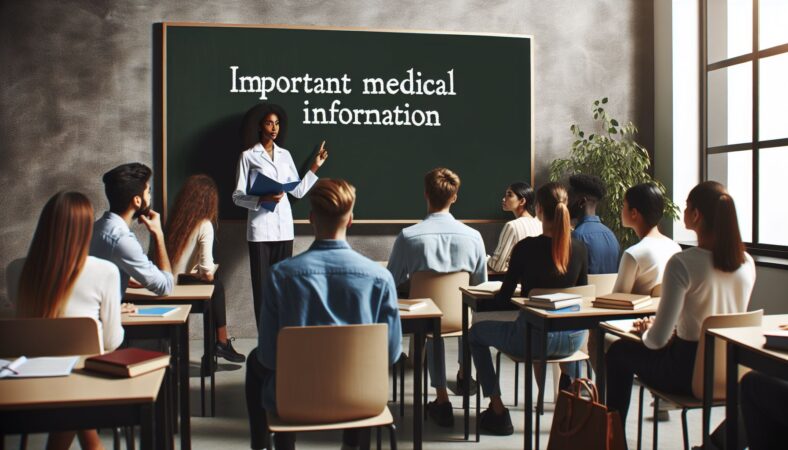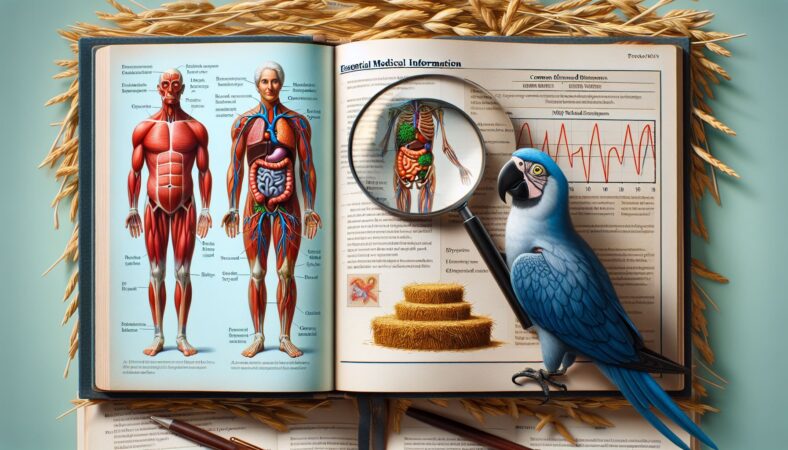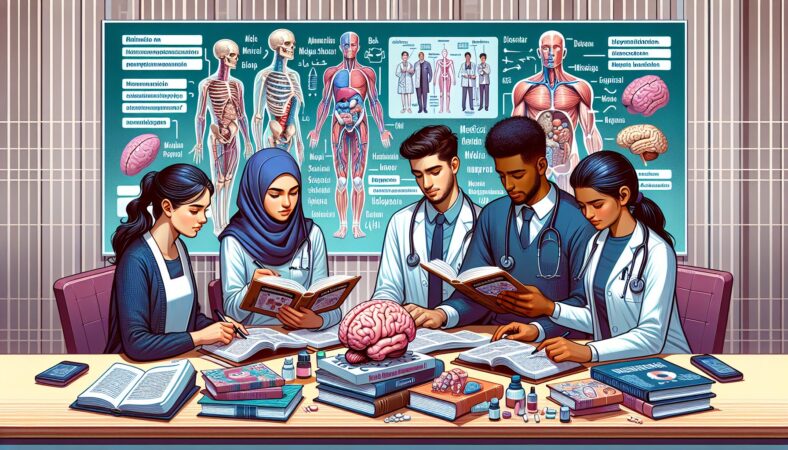As students, it is important for us to prioritize our health and well-being. Having access to accurate and reliable medical information is crucial for making informed decisions about our health and seeking appropriate care when needed. In this blog post, we will explore why medical information is important for students and provide some valuable resources to help you stay healthy throughout your academic journey.
Importance of Medical Information for Students
As young adults embarking on our educational journeys, we often face various stressors that can affect our physical and mental well-being. From late-night study sessions to poor eating habits, it can be easy to neglect our health. However, understanding and prioritizing our health is vital for sustaining academic success and overall happiness.
- https://www.opendata.nhs.scot/fr/user/acheteradderallsansordonnance
- https://www.opendata.nhs.scot/fr/user/achetertramadolsansordonnance
- https://www.opendata.nhs.scot/fr/user/acheterxanaxsansordonnance
- https://www.opendata.nhs.scot/fr/user/acheterzolpidemsansordonnance
- https://www.opendata.nhs.scot/fr/user/acheterviagrasansordonnance
- https://www.opendata.nhs.scot/fr/user/achetercialissansordonnance
- https://www.opendata.nhs.scot/fr/user/acheterritalinsansordonnance
- https://www.opendata.nhs.scot/fr/user/acheterdiazepamsansordonnance
- https://www.opendata.nhs.scot/fr/user/acheterlorazepamsansordonnance
- https://www.opendata.nhs.scot/fr/user/acheterdapoxetinesansordonnance
One of the key reasons why medical information is important for students is the ability to prevent and manage medical emergencies. Recognizing the signs and symptoms of common health conditions can enable you to seek timely medical assistance. Moreover, having access to information about preventive care can help you maintain your health and well-being and reduce the risk of developing chronic diseases.
Valuable Resources for Students
Fortunately, in today’s digital age, we have a wealth of medical information at our fingertips. However, it is crucial to ensure that the information we rely on is accurate, up-to-date, and sourced from reliable sources. Here are some valuable resources specifically tailored for students:
1. Student Health Services
Most educational institutions provide on-campus student health services. These clinics offer primary care, mental health services, and resources for sexual health. They are staffed by healthcare professionals who can provide accurate medical information and support tailored to students’ needs.
2. Educational Websites
Several reputable websites are dedicated to providing accurate medical information to students. The Centers for Disease Control and Prevention (CDC) offers a wealth of information on various health topics, including vaccinations, nutrition, sexual health, and mental well-being. Mayo Clinic and WebMD are also excellent sources for reliable medical information.
3. Apps
There are several mobile applications developed specifically for students’ health needs. These apps can help you track your physical activity, monitor your sleep patterns, manage stress, and even remind you to take medications. Some popular apps include MyFitnessPal, Headspace, and Medisafe.
Conclusion
Access to reliable medical information is vital for students to maintain their physical and mental health. By being well-informed about health conditions, preventive measures, and available resources, students can better manage their health and make informed decisions about seeking medical care. Remember, your health is a top priority, and by staying informed, you are taking a proactive step towards maintaining a successful academic journey.


